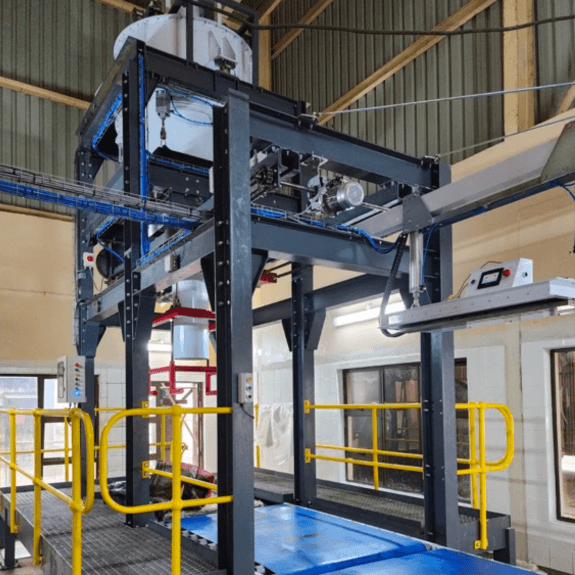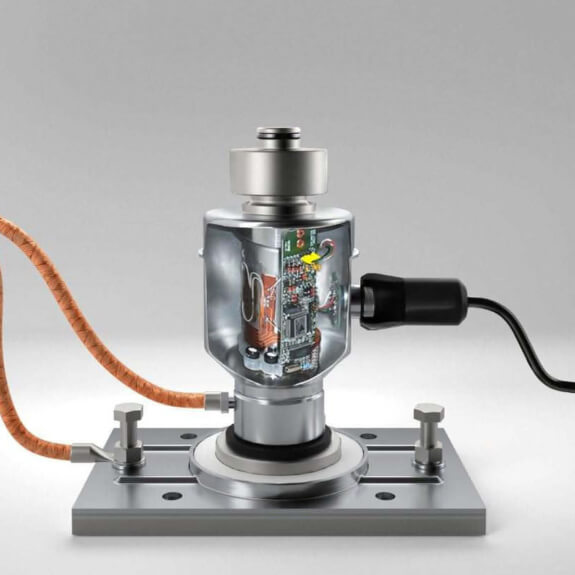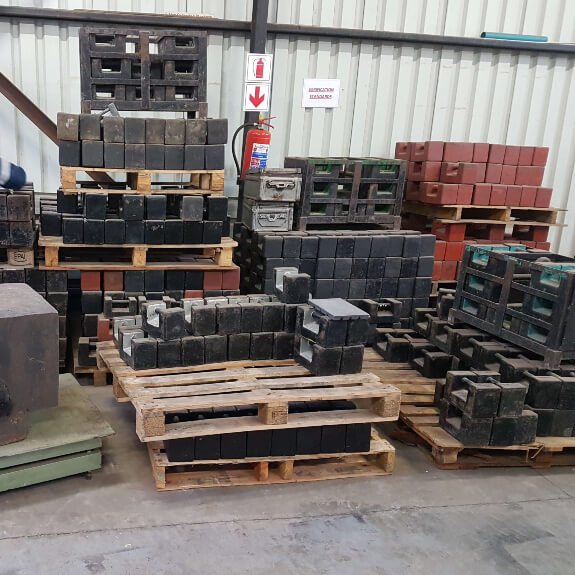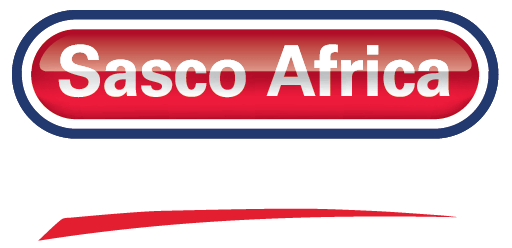
by Sasco Africa | Nov 17, 2023 | FAQs
Floor scales are an integral part of industrial and commercial operations, known for their robustness and versatility. These scales, typically embedded or placed on industrial floors, are designed to withstand heavy loads and frequent use. Their durability makes them...

by Sasco Africa | Nov 15, 2023 | FAQs
A scale hopper is an integral component in various industrial and commercial environments, designed to enhance accuracy and efficiency in material handling and weighing processes. This device, often found in sectors like agriculture, food processing, and mining,...

by Sasco Africa | Oct 17, 2023 | FAQs
The intricacies of modern engineering often leave us with questions that sound simple but have complex answers. One such intriguing question is, “How do you weigh a train?” The answer is far from simple, as it combines the nuances of industrial weighing...

by Sasco Africa | Oct 16, 2023 | FAQs
When it comes to industrial and commercial weighing systems, one of the pivotal components ensuring accuracy and reliability is the load cell. Load cells are transducers that convert force into an electrical signal. This conversion allows weighing systems to provide...

by Sasco Africa | Sep 26, 2023 | FAQs
Calibration is a term that often gets thrown around in the industrial sector, but its significance cannot be overstated. In the world of weighing systems and scales, calibration is the bridge that ensures accuracy and reliability. It’s a process that aligns a...

by Sasco Africa | Sep 26, 2023 | FAQs
Platform scales, as the name suggests, feature a flat platform designed specifically for weighing various items. This instrument has woven itself deeply into many industries, playing a pivotal role in ensuring the accuracy of weights across commercial and industrial...








Recent Comments